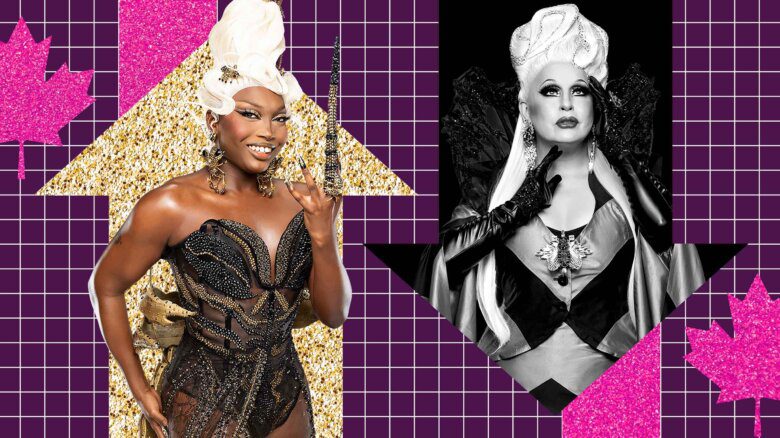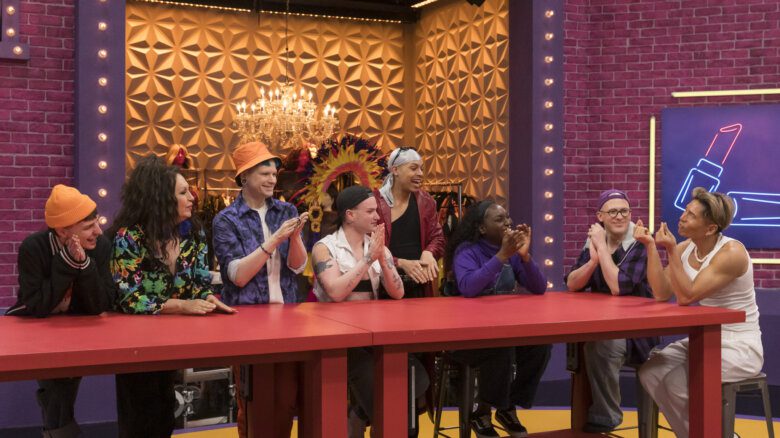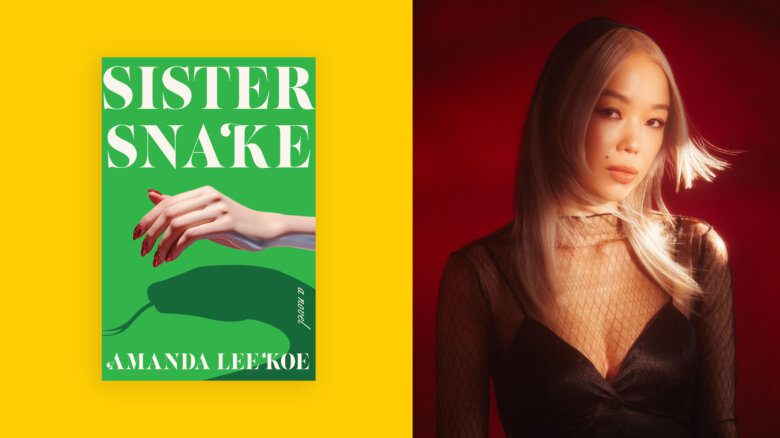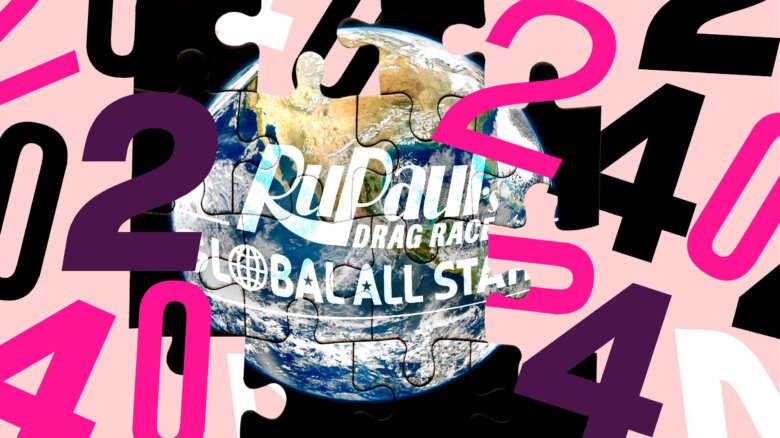It may sound corny, but coming out changed Randall Perry’s life.
“For me it was like being reborn,” Perry says. “Looking back at the years before I came out and the years after, it was like I was a totally different person.”
Born in Etobicoke, at age eight Perry moved to his parents’ home province of Prince Edward Island. Growing up in a Catholic family, he says he felt “a lot of angst” about his burgeoning sexuality.
“I went through the typical gay adolescence,” says Perry, 32, “thinking I was the only gay person in the entire world. I can’t remember a day from the beginning of grade seven to the end of grade 12 that I wasn’t called a fag.”
He can pinpoint the year his life changed. In 1988, at the age of 20, Perry decided to spend the summer in Toronto.
“I could probably sum up my first walk down Church St as my first real gay breath,” says Perry, who now lives in Charlottetown, PEI.
“I just immersed myself in the gay and lesbian community,” he says. “I went to my first Pride march, I did lots and lots of reading and met lots of very interesting people.”
“I was realizing things I had only felt and never dared act on.”
Perry knew when he returned to the island, concealing his new, true identity was not an option.
“I knew I would have to go back to a place that could be not receptive,” he says. “You could say that I came out of the closet and my parents went right back in.”
Perry got involved with the island’s emerging gay rights movement. In the early 1990s, he was a member of the Island Rainbow Coalition, a group that has since disbanded, but was responsible for the island’s two Pride marches thus far, in 1994 and ’95.
“We had a lot of spectators, probably for the novelty of the thing,” he says. “There weren’t any major incidents – there was one guy with a crucifix and Bible, and somebody started throwing oranges at us. But for the most part the people who turned out to watch were very supportive.”
He was also part of the Gay And Lesbian Coalition, a group formed in the mid-’90s to push for change to the province’s human rights act. Five months ago, he became a founding member of the Abegweit Rainbow Collective, the province’s only gay group. It hopes to hold a Pride parade this summer, and publishes a quarterly newsletter.
Perry says the group hopes to start offering services for youth.
“Being teased and tormented did take a toll on my own self-esteem,” he says of his own youth. “Other youth that don’t have as much resilience may not have as easy a time.”
Perry believes that as the years go by, attitudes towards gay men and lesbian on the island continue to improve. “My parents are very accepting,” he says, “although it took them a long time.” He says they are very supportive of him and his live-in partner, Jim. “My two grandmothers are just crazy about him.”
A computer programmer by day, Perry aspires to be an author. His first short story, an Anne Of Green Gables satire, “pushed some buttons” on the island. He’s now at work on his first novel, a farce about sex scandals and murder in a small town.
“Who knows?” he says. “I might become Canada’s Jackie Collins.”
 Why you can trust Xtra
Why you can trust Xtra


